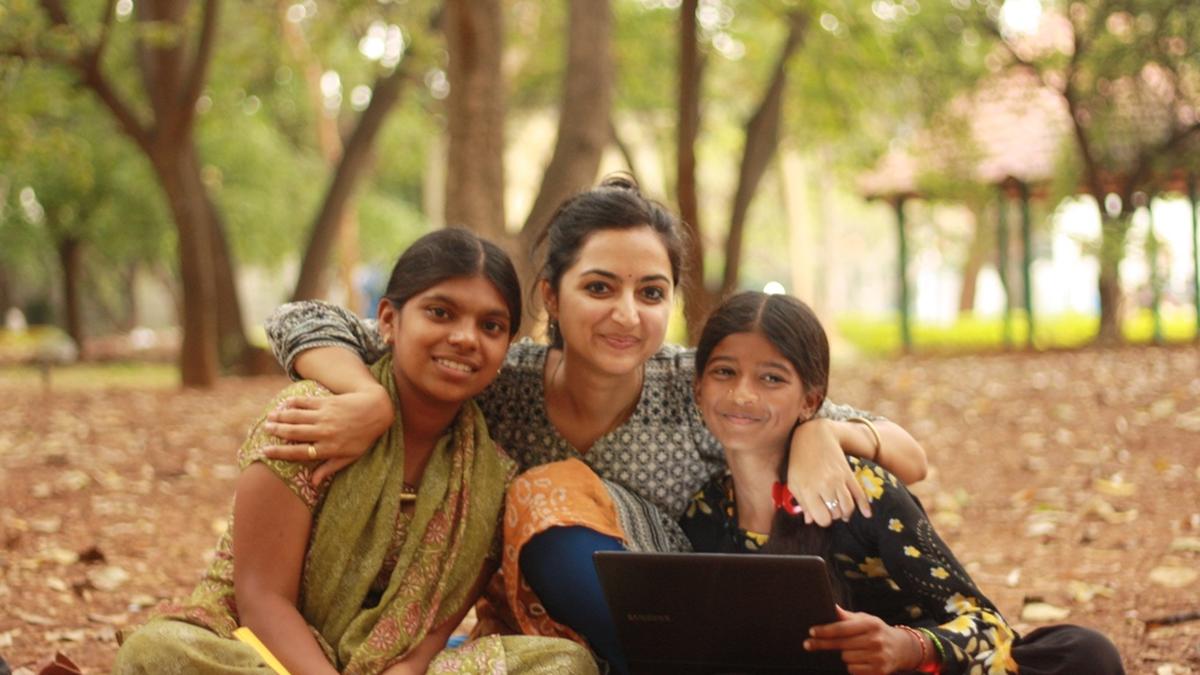
Mentoring Summit India 2024 to be launched in Bengaluru
The Hindu
It will comprise 24 sessions across two days and host over 70 speakers from around the globe representing diverse aspects of mentoring to “create a vibrant and connected youth mentoring community that drives evidence-based, innovative mentoring models in the country,” as the release puts it. Some key themes that will be addressed include mentoring and educational policy, designing quality mentoring programmes, decoding the global evidence around youth mentoring, innovations in mentoring etc.
Mentoring Summit India 2024, a two-day-long convening of mentoring practitioners in India, will be launched in the city on November 13 & 14 at the Bangalore International Centre (BIC). The summit, which is being held to mark the 15th anniversary of Mentor Together, a Bengaluru-headquarter organisation that focuses on formal youth mentoring in India, has been supported by LinkedIn, British Asian Trust, BT Group, Brookings Centre for Universal Education, and the Agency Fund.
It will comprise 24 sessions across two days and host over 70 speakers from around the globe representing diverse aspects of mentoring to “create a vibrant and connected youth mentoring community that drives evidence-based, innovative mentoring models in the country,” as the release puts it. Some key themes that will be addressed include mentoring and educational policy, designing quality mentoring programmes, decoding the global evidence around youth mentoring, innovations in mentoring etc.
According to Arundhuti Gupta, Founder & CEO of Mentor Together, mentoring, a supporting and nurturing relationship between an older, experienced person and a younger one, has often been considered especially important during adolescence. The role of a supportive adult becomes crucial at this stage, she believes, “because often a young person, on their own, may not be able to figure all this out.”
Cultural context
While mentorship has emerged frequently as a catalyst of positive developments during adolescence, with India’s National Educational Policy 2020 recognising the need for mentoring across different stages of education, “most of the knowledge and evidence available originates from countries like the U.S.A.,” states the release.
This is not ideal, considering understanding cultural context is essential to an effective mentoring programme, as Gupta says. “Mentoring programmes and practices continue to be largely derived from the global North,” she says, pointing out that formal mentoring programmes have existed in the West for over 100 years to support young people who didn’t have sufficient parental care or people looking out for them.
For example, “In Europe, mentoring has largely responded to the need of refugees and how they need to be integrated better.” While India, too, has a history of guru-shishya parampara, she thinks of it as a more authoritarian form of mentoring. “The need today is for more facilitative mentorship,” she says.











